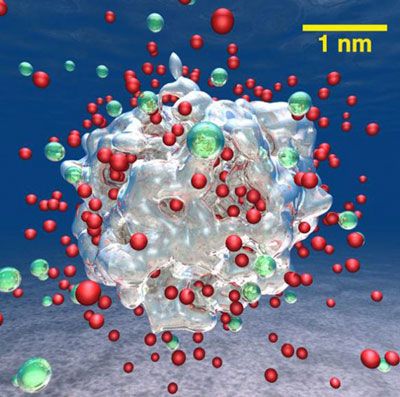Jun 30, 2016
Quantum technologies to revolutionize 21st century
Posted by Karen Hurst in categories: computing, economics, particle physics, quantum physics
Is quantum technology the future of the 21st century? On the occasion of the 66th Lindau Nobel Laureate Meeting, this is the key question to be explored today in a panel discussion with the Nobel Laureates Serge Haroche, Gerardus ‘t Hooft, William Phillips and David Wineland. In the following interview, Professor Rainer Blatt, internationally renowned quantum physicist, recipient of numerous honours, Council Member and Scientific Co-Chairman of the 66th Lindau Meeting, talks about what we can expect from the “second quantum revolution”.
Blatt has no doubt: quantum technologies are driving forward a technological revolution, the future impact of which is still unclear. Nothing stands in the way of these technologies becoming the engine of innovations in science, economics and society in the 21st century. Early laboratory prototypes have shown just how vast the potential of quantum technologies is. Specific applications are expected in the fields of metrology, computing and simulations. However, substantial funding is required to advance from the development stage.
Professor Blatt, the first quantum revolution laid the physical foundations for trailblazing developments such as computer chips, lasers, magnetic resonance imaging and modern communications technology. In the Quantum Manifest published in mid-May, researchers now talk about the advent of a second quantum revolution. What exactly does this mean?
Continue reading “Quantum technologies to revolutionize 21st century” »

















